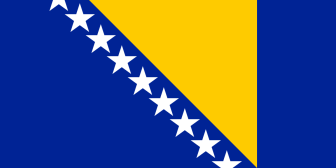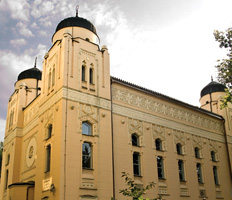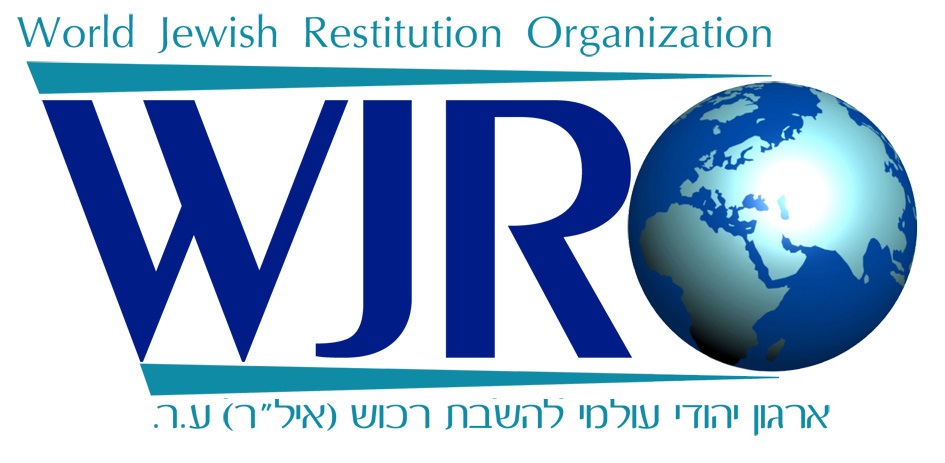
Bosnia and Herzegovina
Prior to the Holocaust, approximately 14,000 Jews lived in Bosnia and Herzegovina, including 12,000 in Sarajevo. After World War II, approximately 2,000 returned, and today, about 1,000 Jewish people reside in the country.
Communal, Private, and Heirless Property

Sarajevo Old Synagogue
Bosnia and Herzegovina has no law for the restitution of immovable communal or private property confiscated during the Holocaust era. It also has no law for the restitution of confiscated, heirless Jewish property.
In the absence of legislation dealing with the restitution of communal property, the return of religious property has been handled on an ad hoc basis, often at the discretion of local authorities. The Jewish community has not benefited from this ad hoc system due, in part, to its small population. Since 1995, the date of the establishment of the current system of government in Bosnia and Herzegovina, the Jewish community has not received a single confiscated communal property back.

Sarajevo Synagogue
The Jewish community has identified 130 formerly Jewish-owned communal properties and has signed an agreement with the WJRO to establish a foundation which will receive and manage any restituted communal property.
In 2005, the government’s Council of Ministers established a Commission for Restitution in Bosnia and Herzegovina to consider various approaches to the restitution of property confiscated during and after World War II. Based on the Commission’s research, draft restitution legislation – the “Law on Denationalization” – was prepared, but has made no significant progress.
Resources and Links
ESLI Overview of Immovable Property Restitution/Compensation Regimes – Bosnia & Herzegovina
European Shoah Legacy Institute
December 2016
US Department of State – Justice for Uncompensated Survivors Today (JUST) Act Report
July, 2020 – Bosnia & Herzegovina – Contents on page 32






